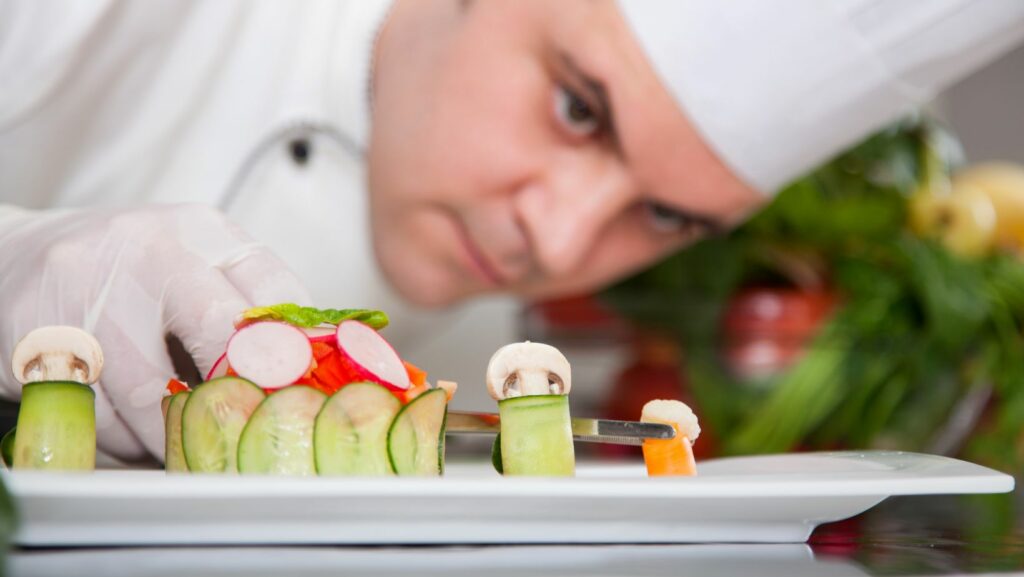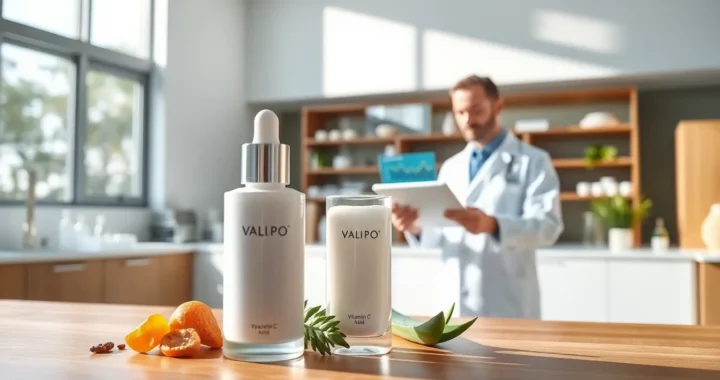Before Touching Prepared Food With Your Hands You Must Follow These Guidelines

Before touching prepared food with your hands, it’s crucial to understand the importance of proper hygiene and food safety. Whether you’re cooking at home or working in a professional kitchen, following the necessary precautions can help prevent foodborne illnesses and maintain the highest standards of cleanliness.
One essential step before handling any food is to wash your hands thoroughly. Use warm water and soap, making sure to scrub all surfaces of your hands for at least 20 seconds. This simple act helps remove any dirt, bacteria, or viruses that may be present on your skin.
Additionally, it’s essential to keep your hands clean throughout the entire food preparation process. Avoid touching your face, hair, or any other body parts while handling ingredients or utensils. If you need to touch something unrelated to food preparation, such as a phone or doorknob, make sure to wash your hands again before continuing with the cooking process.
By taking these precautionary measures and prioritizing hand hygiene when dealing with prepared food, you can significantly reduce the risk of contamination and ensure that the meals you prepare are safe for consumption. Remember that cleanliness starts with personal responsibility and plays a vital role in maintaining good health for both yourself and those who will enjoy your culinary creations.

Before Touching Prepared Food With Your Hands You Must
Preparing food is a delicate process that requires attention to hygiene and safety. One crucial aspect of food preparation is avoiding direct contact between your hands and the prepared dishes. In this section, I’ll explain why it’s important to refrain from touching prepared food with your hands.
- Bacterial contamination: Our hands come into contact with numerous surfaces throughout the day, including doorknobs, money, and other people. Despite regular handwashing, bacteria can still linger on our skin. When we touch prepared food, these bacteria can transfer onto the dish, increasing the risk of foodborne illnesses.
- Cross-contamination: Touching raw ingredients or uncooked meat before handling ready-to-eat foods can lead to cross-contamination. Even if you wash your hands thoroughly after handling raw ingredients, residual bacteria may remain. This can introduce harmful pathogens into cooked or ready-to-eat foods and compromise their safety.
- Food quality preservation: The natural oils and moisture present in our hands can alter the taste and texture of certain foods when they come in direct contact. For example, delicate pastries or fruits may become greasy or lose their freshness if handled with bare hands.
- Allergen control: Many individuals have allergies or sensitivities to certain foods or ingredients. By not touching prepared dishes with your hands, you minimize the risk of allergen transfer from one dish to another.
- Professional standards: In commercial kitchens and restaurants, strict regulations are in place to ensure food safety and sanitation practices are followed meticulously. Touching prepared food directly goes against these professional standards and could result in health code violations.

 Is 48Ft3Ajx Harmful? What You Need to Know
Is 48Ft3Ajx Harmful? What You Need to Know  The Ultimate Guide to Off-Piste Skiing in the Alps
The Ultimate Guide to Off-Piste Skiing in the Alps  Htsicret: Understanding Its Significance
Htsicret: Understanding Its Significance  Is Vallpo523.zvc5.0o Good For Skin?
Is Vallpo523.zvc5.0o Good For Skin?  The Importance of Effective Infotainment Solutions for Safety and Navigation
The Importance of Effective Infotainment Solutions for Safety and Navigation  Progression Guide for Successful Clash Royale Boosting for Beginners Who Want to Develop Their Account Faster
Progression Guide for Successful Clash Royale Boosting for Beginners Who Want to Develop Their Account Faster